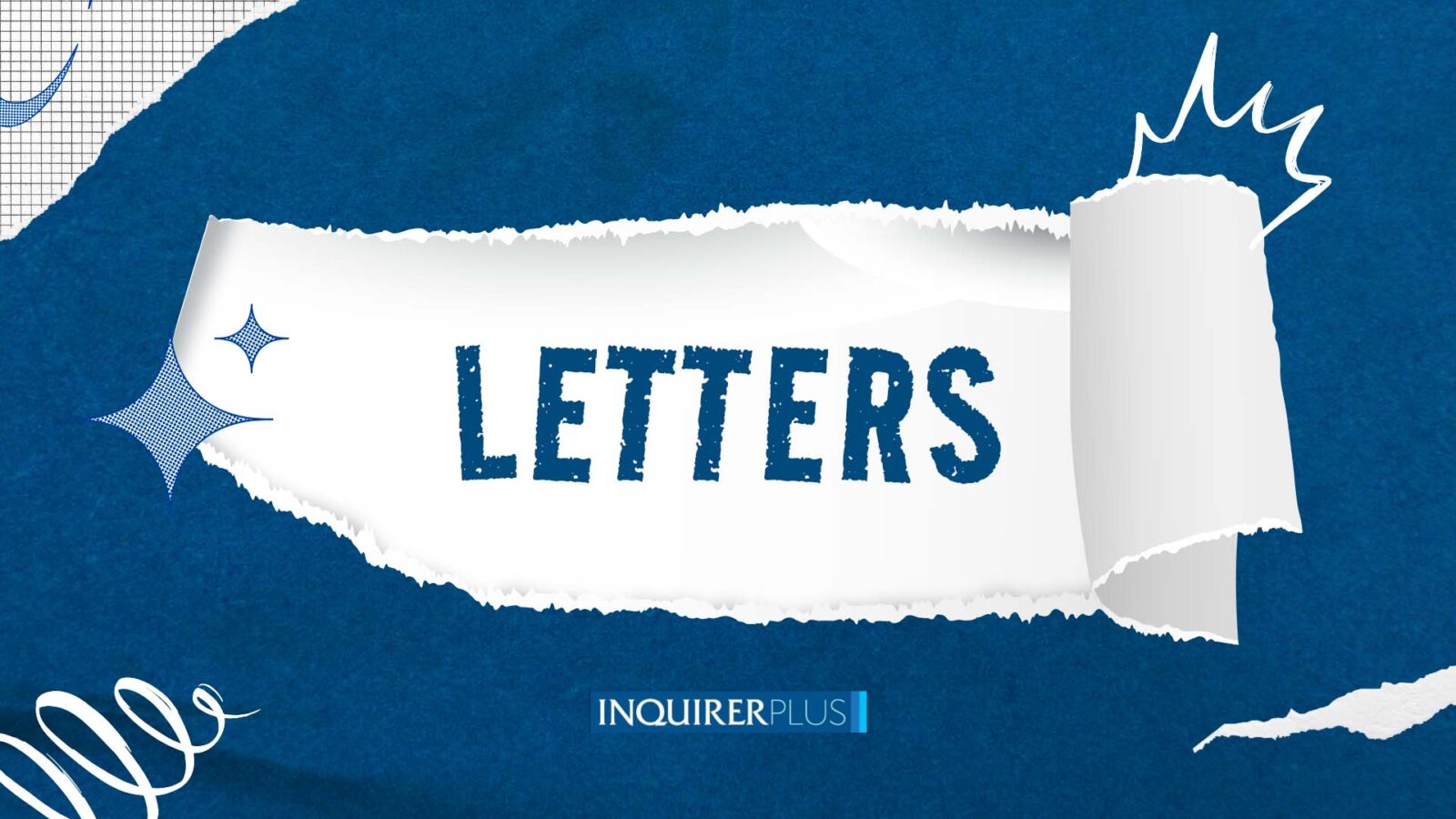Yes, em dashes are legal—So what’s the fuss about their use?

I have been reading posts about em dashes lately. Some criticize their use, while others defend them, especially when they appear in content assumed to be artificial intelligence (AI)-generated. Maybe the attention given to them now stems partly from how many of us used to write em dashes as en dashes or hyphens. Now, when a post contains properly used em dashes, people assume that it’s AI-written.
I have also been using em dashes in my writing for years—just as I have long observed countless seasoned writers using them correctly. I don’t get what all the fuss is about. While researching the em dash, I came across an explanation on the Grammarly Blog: “Em dashes are often used to set off parenthetical information. Using em dashes instead of parentheses puts the focus on the information between the em dashes.” It says em dashes are not a new thing in writing. They are important for highlighting relevant information. Yes, parentheses serve the same purpose, but em dashes often make writing look more polished and, perhaps, more substantial.
Not so long ago, I saw a Facebook post from a virtual assistant who shared a screenshot of her chat with a client. There were two em dashes in her message. While some people reacted to the content, many focused on the em dashes and mocked her, making her a laughingstock just because—to them—the message looked AI-generated.
Seriously, what is wrong with polishing your text with the help of ChatGPT? Some clients even require tools like ChatGPT or Eden to ensure clarity, fluency, and correct grammar in our communications.
In my former job as a patient experience coordinator at a health-care practice in the US, my colleagues and I were all required to use Eden—which is basically like ChatGPT—in all our email communications. Humiliating someone for using ChatGPT is cruel.
Just recently, I read a LinkedIn post in which the author explained that em dashes existed long before ChatGPT and that AI only learned them through human writing. Yes, they’re prevalent in ChatGPT, but that doesn’t mean that people who don’t use AI can’t use the currently controversial em dash anymore.
Another experience I want to share is from my current stint as a part-time writer for a variety of clients across different industries. My articles are published mainly in the US and in Europe. One time, my boss accused me of excessively using ChatGPT and not really writing my own articles. He gave me restrictions on the articles, and I felt that it was so unjust.
Feeling the need to defend myself, I told him that while I use ChatGPT as a tool, I don’t rely on it blindly. I only seek the aid of ChatGPT for clarity. One thing is for sure: I don’t let ChatGPT replace my own thinking. In my boss’ brief reply, he said that the only reason he assumed I was overly dependent on ChatGPT was that he was seeing a lot of em dashes in my articles.
Having learned that this was his only reason for giving me restrictions (he told me to just write articles limited to 300 words), I explained that I had been using em dashes even before ChatGPT, saying that I found them formal and professional, and they had become a natural part of my writing long before I worked with him. I went on to say—politely—that if he didn’t like them, I’d comply with his restriction. He appreciated my response and thanked me. In my mind, however, I felt like asking him, “Are you not familiar with the em dash? Do you not use this?” In the end, we follow what clients want. Still, I believe it’s important to explain our choices. Sometimes, they’ll trust our approach. If not, we adjust.
I believe we should make it loud and clear that the em dash is not new to writing. Make it clear to everybody—even your boss—that while you are willing to adjust to their requirements, using an em dash in formal or informal writing is not illegal.
RUVY ANN SISON,
rasison011120@gmail.com

















Trump show without Trump